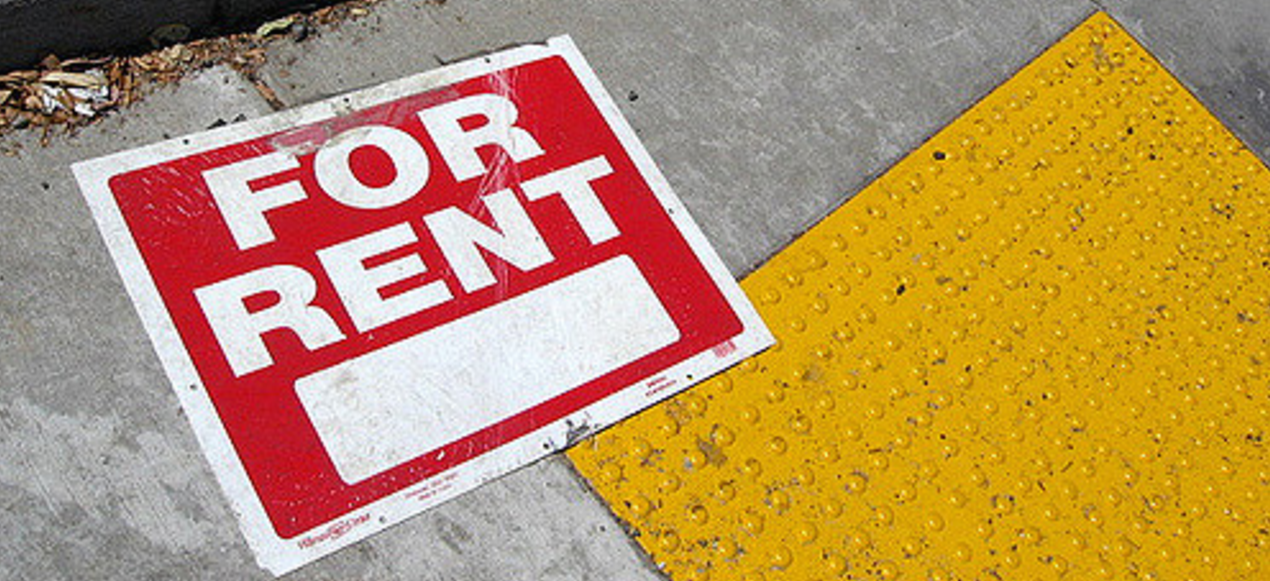For years now we’ve been warning consumers about the apartment rental credit check scam: a scheme where homes (that may not even exist) are listed online with the sole purpose of tricking prospective renters into paying for “credit checks” that will never be done. Today, federal regulators announced they had put a stop to one company accused of using bogus listings and fees to swindle millions out of hopeful tenants. [More]
federal trade commission

Qualcomm Faces Anti-Trust Lawsuit Over Patents, Licensing
Your phone might say “Apple” or “Samsung” or “LG” on the outside, but inside there are parts from dozens of companies, including Qualcomm, which now stands accused by federal regulators of using anticompetitive tactics to maintain an alleged monopoly on one important cell phone component. [More]

Feds, New York Accuse Maker Of Prevagen Dietary Supplement Of False Advertising
Prevagen is a dietary supplement that claims to help improve memory in 90 days, but both federal and state regulators are accusing the company behind Prevagen of making false and unsubstantiated claims. [More]

Hotels Harm Consumers By Not Including ‘Resort Fees’ In Room Rates
Staying in a hotel comes at a price — there’s the room rate, service charges, taxes, and hotels are increasingly taking on “resort fees” to cover amenities like internet access, parking, gym, spa, and pool — even if you never use them. These fees, which can significantly increase the total cost of a room, are almost never included in the advertised price and are often minimized or omitted until it comes time to actually book your stay.
[More]

Got An Idea On How To Make ‘Internet Of Things’ More Secure? You Could Win $25,000
Internet-connected (“smart”) devices are becoming ubiquitous, but they have this persistent problem: they’re internet-connected. A huge number are extremely vulnerable to being taken over by bad actors, for a whole host of reasons. And so, before your fridge becomes part of the next record-breaking botnet, the Federal Trade Commission wants to give someone cold, hard, cash money for coming up with a way to prevent it. [More]

The FTC Has Some Questions About The Bass Pro Shops-Cabela’s Merger
Earlier this year, Bass Pro Shops offered to buy up one of its biggest competitors, Cabela’s, for $5.5 billion. The Federal Trade Commission is reviewing the deal now, and is raising concerns that this might be too much consolidation in the hunting and fishing market. [More]

No, The FTC Did Not Email You That You’re Under Investigation
If the Federal Trade Commission is investigating you or your business, they will not send you an email asking you to click on a link for more information. How do we know that? The Federal Trade Commission says so. [More]

Feds Halt Timeshare Scheme That Bilked $15 Million From Property Owners
When buying into a timeshare, many owners receive more weeks at the property than they could possibly use in their lives. This has created a second industry that focuses on reselling or renting out the properties. But, as the Federal Trade Commission showed this week, not all of these businesses are legitimate, some are just out to line their own pockets. [More]

FTC Settlement Permanently Halts Alleged Energy Drink-Slinging Pyramid Scheme
A year ago, a court agreed to put a temporary halt to an alleged pyramid scheme that made its money by convincing college students they could make big bucks shilling energy drinks — but only paying up for recruiting more sales friends instead. Today, the FTC has announced a settlement with the Vemma Nutrition Company that puts a halt to those practices for good. [More]
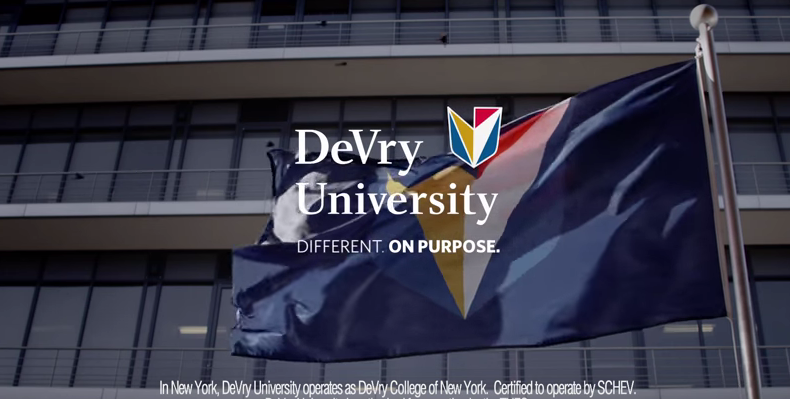
DeVry University Must Pay $100 Million To Former Students For Misleading Ads
At the beginning of the year, the Federal Trade Commission sued popular for-profit college DeVry University, claiming the school’s advertising misled would-be students about how likely a DeVry degree is to get them a job. And now to ring out the year, the school and the Commission have reached a $100 million settlement that sends all that money right back into students’ pockets. [More]
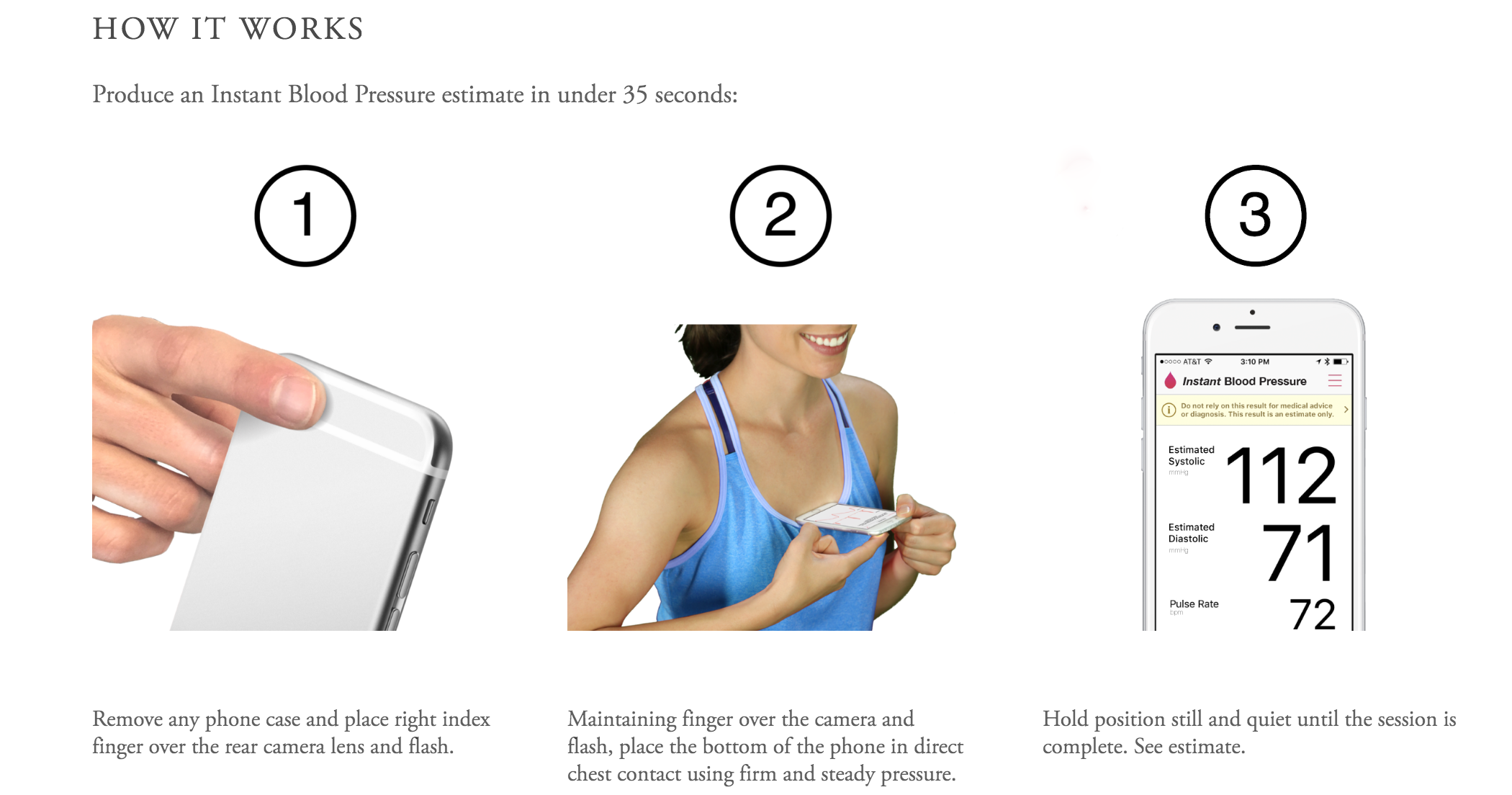
Pressing Your Phone Camera Against Your Finger Will Not Measure Your Blood Pressure
The tiny sensors in our smartphones can do amazing things, but what they cannot do is substitute for a blood pressure cuff. That’s unfortunate, because having your blood pressure measured can be painful and unpleasant. However, one app-maker ran afoul of federal regulators by claiming that your smartphone camera could be used to accurately check your vitals. [More]

Don’t Fall For The ‘Missed Delivery Notice’ Email Scam This Holiday Season
If you’re like everyone else you know, you’ve probably been doing — or plan to do — a bit of online holiday shopping this year. Missing a delivery could put a serious kink in your day, but don’t let that fear draw you into a scammer’s net. [More]
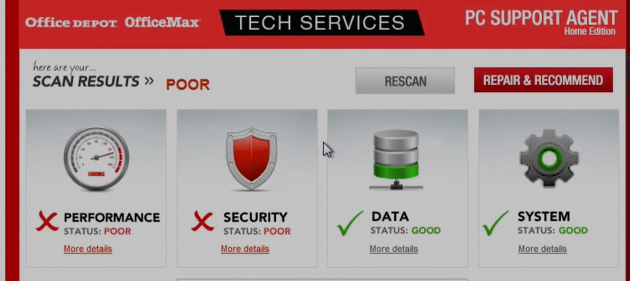
Senator Calls For Investigation Into Office Depot’s Alleged Computer Scanning Scheme
Following a whistleblower report that some Office Depot staffers are allegedly falsely telling customers their computers are infected with viruses in order to sell them on unnecessary repair services, one lawmaker is calling on federal regulators to investigate. [More]

Man Who Made Fake News Sites To Sell “Pure Green Coffee” Must Pay $30M To Customers
Two years after the Federal Trade Commission sued the marketers of the “Pure Green Coffee” for using fake news sites and fictional reporters to push the weight-loss supplement, the man behind those companies has been ordered to repay $30 million to customers tricked into buying the product. [More]
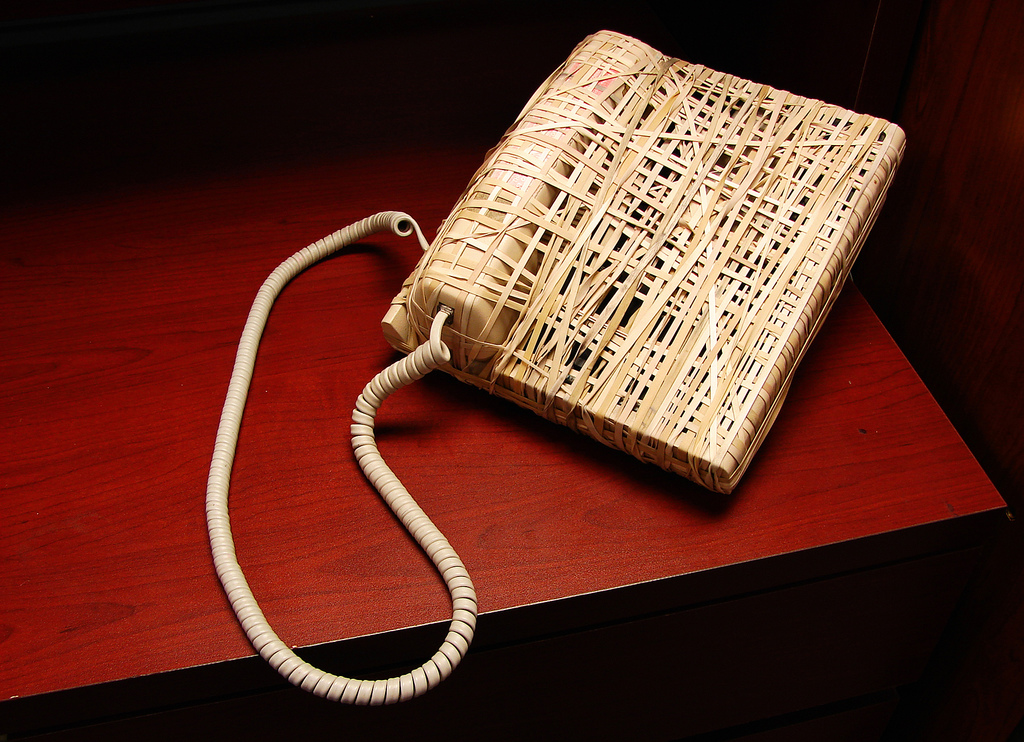
Feds Shut Down Telemarketing Scam That Pitched Money-Making Schemes & Bogus Grants
As wonderful as it might sound, odds are that no one is trying to call you to give you free money, and anyone who dangles a get-rich-quick scheme in front of you should be quickly ignored. Yet federal regulators say telemarketers tricked seniors and veterans out of their money with these sorts of scams.
[More]

Senator Asks Federal Agencies For Information On Massive Internet Of Things Breach
A massive denial of service attack last week has already resulted in the recall of a number of webcams that may have been used to aid hackers in taking popular sites like Twitter, Github, Reddit, and others offline throughout the day. Now, lawmakers are asking federal agencies what else can be done to prevent future attacks. [More]


